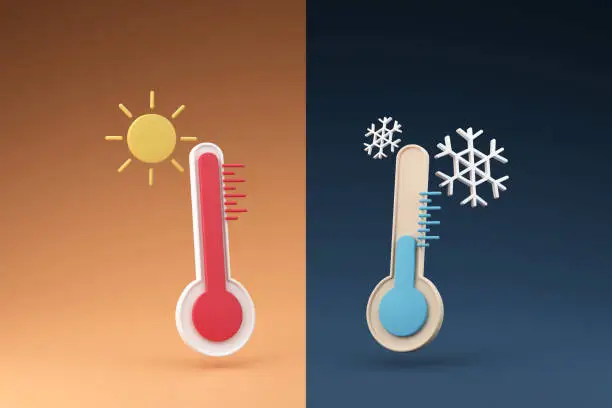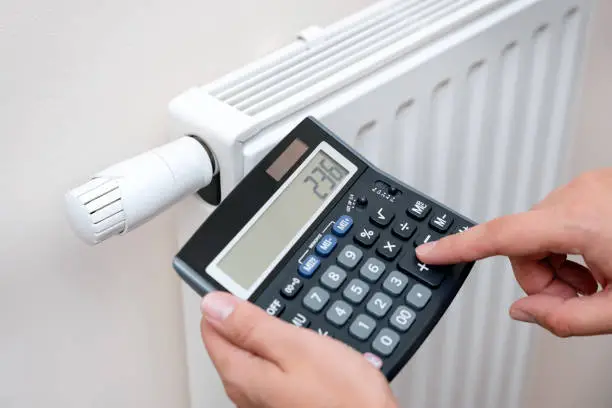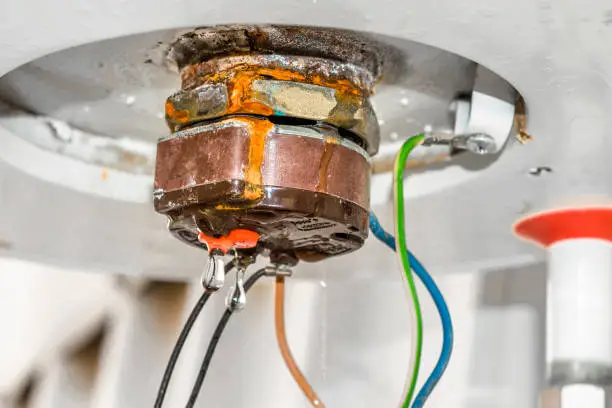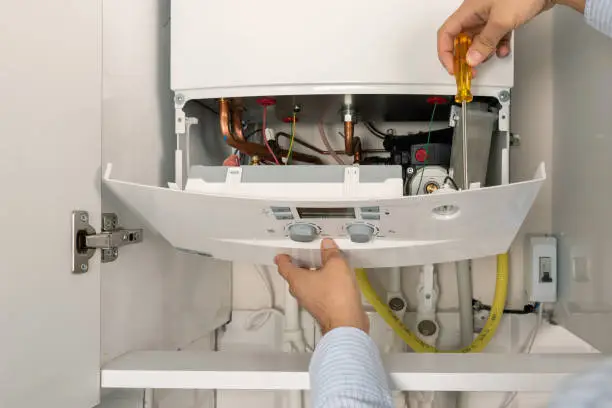Top signs your boiler needs repair before the cold sets in
As the colder months approach, ensuring your boiler is in optimal working condition becomes a priority. A malfunctioning boiler not only disrupts your comfort but can also lead to costly repairs if not addressed promptly. Recognising the early signs that your boiler needs repair can save you from the inconvenience of unexpected breakdowns and ensure your home remains warm and cosy throughout winter. Here are the top signs to watch out for, indicating that your boiler may require professional attention.
Unusual Noises Coming from the Boiler
Boilers are typically designed to operate quietly, so any unusual noises can be a cause for concern. If you hear banging, whistling, or gurgling sounds, it could indicate various issues ranging from air in the system to low water pressure or even a faulty pump. These noises are often early indicators of underlying problems that, if left unchecked, could lead to more significant damage.
Banging noises, often referred to as “kettling,” occur when limescale builds up on the heat exchanger, causing water to overheat and steam to form. This can reduce the efficiency of your boiler and increase the risk of a breakdown. Whistling noises, on the other hand, might suggest a leak or a blockage in the system. Addressing these noises promptly can prevent further complications.
If your boiler is making gurgling sounds, it could be due to trapped air or a blockage in the pipes. Bleeding your radiators might resolve the issue temporarily, but if the noise persists, it is advisable to seek professional help to diagnose and fix the problem.

Inconsistent Heating or Hot Water
One of the most obvious signs that your boiler needs repair is inconsistent heating or a lack of hot water. If you notice that your radiators are not heating up evenly or that your hot water supply is unreliable, it may indicate a problem with your boiler’s circulation system or thermostat.
Inconsistent heating can result from a variety of issues, including a malfunctioning thermostat, a broken diaphragm, or airlocks in the system. These problems can lead to uneven heating, where some radiators are hot while others remain cold. A professional inspection can help identify the root cause and ensure your heating system operates efficiently.
Similarly, if your hot water supply is intermittent or non-existent, it could be due to a faulty diverter valve or a broken thermostat. These components are crucial for regulating the flow of hot water, and any malfunction can significantly impact your comfort. Prompt repairs can restore your boiler’s functionality and prevent further inconvenience.

Frequent Boiler Shutdowns
If your boiler frequently shuts down or requires resetting, it is a clear indication that something is amiss. Frequent shutdowns can be caused by a variety of issues, including overheating, low water pressure, or a faulty thermostat. These problems not only disrupt your heating supply but can also lead to more severe damage if not addressed promptly.
Overheating is a common cause of boiler shutdowns and can occur when the heat exchanger becomes clogged with limescale or debris. This can cause the boiler to overheat and shut down as a safety precaution. Regular maintenance and descaling can prevent this issue and ensure your boiler operates smoothly.
Low water pressure is another common cause of frequent shutdowns. If your boiler’s pressure gauge consistently reads below the recommended level, it could indicate a leak in the system or a faulty pressure relief valve. Addressing these issues promptly can prevent further damage and ensure your boiler remains operational throughout the winter months.

Rising Energy Bills
An unexpected increase in your energy bills can be a sign that your boiler is not operating efficiently. As boilers age, they can lose efficiency, leading to higher energy consumption and increased costs. If you notice a significant rise in your energy bills without a corresponding increase in usage, it may be time to have your boiler inspected.
Several factors can contribute to decreased boiler efficiency, including a build-up of limescale, worn-out components, or a faulty thermostat. These issues can cause your boiler to work harder than necessary, consuming more energy and driving up your bills. Regular maintenance and timely repairs can help maintain your boiler’s efficiency and keep your energy costs in check.
In some cases, upgrading to a newer, more energy-efficient boiler may be the most cost-effective solution. Modern boilers are designed to operate more efficiently, reducing energy consumption and lowering your bills. Consulting with a professional can help you determine whether a repair or replacement is the best option for your situation.

Visible Leaks or Corrosion
Visible leaks or signs of corrosion around your boiler or its components are clear indicators that repairs are needed. Leaks can occur for various reasons, including faulty seals, damaged pipes, or a broken pressure relief valve. Ignoring leaks can lead to water damage and further complications, so it is essential to address them promptly.
Corrosion is another common issue that can affect the performance and longevity of your boiler. It often occurs when metal components are exposed to water and oxygen over time, leading to rust and deterioration. If left unchecked, corrosion can cause significant damage to your boiler, resulting in costly repairs or even replacement.
Regular inspections and maintenance can help identify and address leaks and corrosion before they become major problems. A professional technician can assess the extent of the damage and recommend the appropriate repairs to ensure your boiler remains in good working condition.

The Importance of Regular Boiler Maintenance
Regular maintenance is crucial for ensuring the longevity and efficiency of your boiler. Routine inspections and servicing can help identify potential issues before they escalate, saving you time and money in the long run. A well-maintained boiler is less likely to break down unexpectedly, providing you with peace of mind during the colder months.
During a maintenance visit, a qualified technician will check various components of your boiler, including the heat exchanger, burner, and controls, to ensure they are functioning correctly. They will also clean and descale the system as needed, helping to prevent issues such as kettling and corrosion.
In addition to professional servicing, there are several steps you can take to maintain your boiler between visits. Regularly checking the pressure gauge, bleeding your radiators, and ensuring your boiler is free from dust and debris can help keep your system running smoothly. By taking a proactive approach to maintenance, you can extend the life of your boiler and avoid costly repairs.

When to Call a Professional
While some minor boiler issues can be resolved with simple troubleshooting, it is essential to know when to call a professional. Attempting to repair complex problems without the necessary expertise can lead to further damage and safety risks. If you are unsure about the cause of a problem or if your boiler is displaying any of the signs mentioned above, it is best to seek professional assistance.
A qualified technician can accurately diagnose the issue and recommend the appropriate repairs or replacements. They have the expertise and tools needed to safely and effectively address boiler problems, ensuring your system is restored to optimal working condition.
By recognising the early signs that your boiler needs repair and seeking professional help when needed, you can ensure your home remains warm and comfortable throughout the winter months. Regular maintenance and timely repairs can help prevent unexpected breakdowns and extend the life of your boiler, providing you with reliable heating for years to come.

